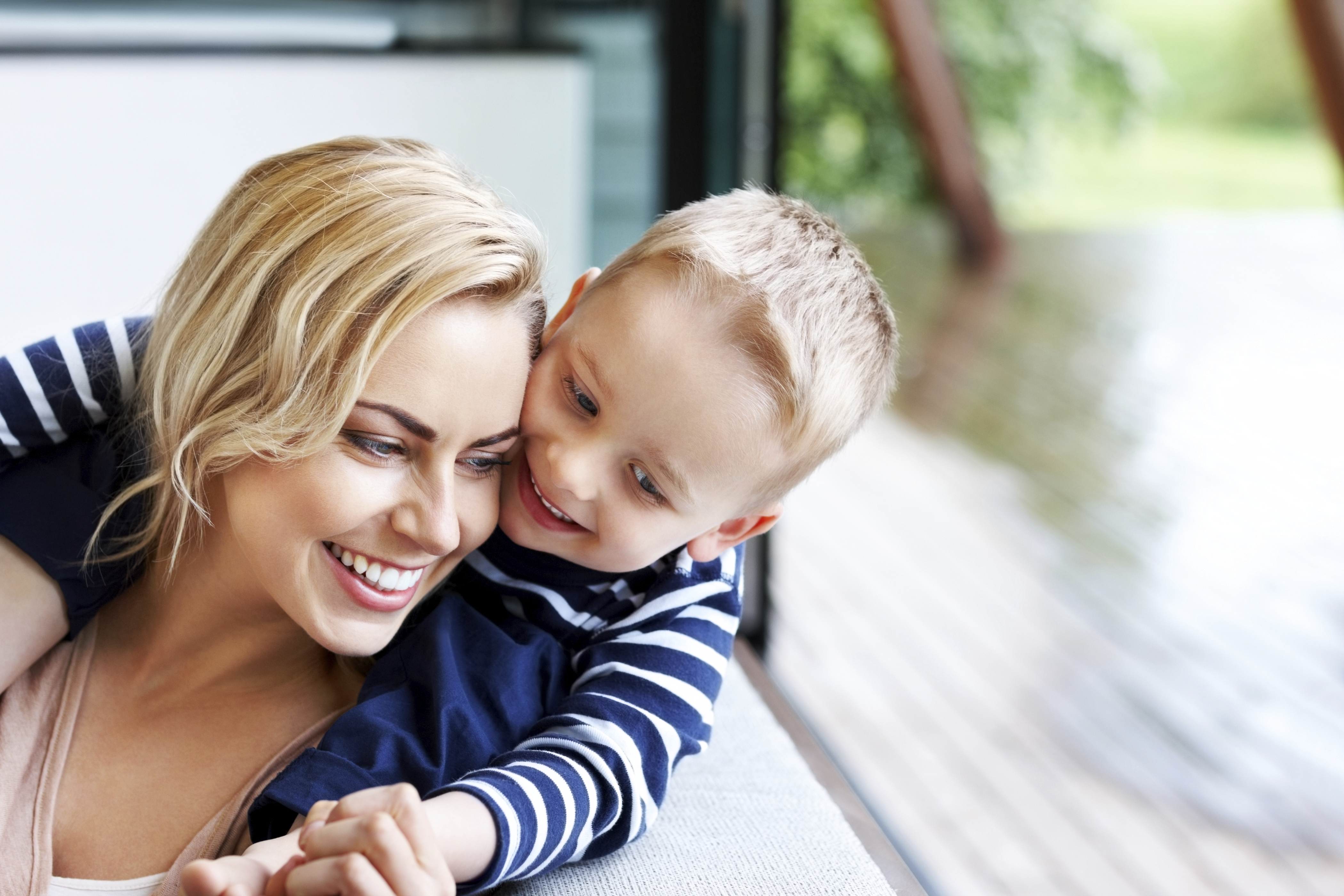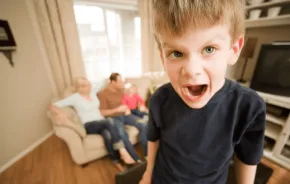
Years ago I taught parenting classes for a non-profit with chemically addicted mothers of children birth to three in poverty. It was a bit like entering a Kafka novel: one client told me she wouldn’t bring her kids to the library because she couldn’t afford it. During this time I took a popular parenting class training program which advocated such a total catering to the child that instead of say, putting a child in time out for hurting the cat, the cat would go into time out.
The women who taught this parenting class had the misty-eyed look of true believers. But over the course of the training I discovered that they were struggling with intense guilt for doing the kinds of things that all humans do: losing their temper, failing to be their most generous and patient self at all times, yelling, cutting bedtime reading short in order to curl up with an interesting book, and so on. There seemed to be a wild discrepancy between their permissive attitude toward their kids, who frankly were allowed to act like total brats (see cat-time-out example, above) and their perfectionistic and critical attitude toward themselves.
I have since come to believe that one of the great plagues of middle-class motherhood is engaging in endless loops of self-criticism: “I shouldn’t have done that!” is our mantra, applied to not-quite-nutritionally-perfect lunches or the failure to provide little junior with adequate transition time before leaving the park. This expectation of maternal perfection is delusional. It leads to chronic anxiety and second-guessing ourselves.
Our well-being should not live in time out.
One of our meta-tasks in life is to learn how to love accept imperfect beings, including ourselves. This is much harder than painting a soothing and developmentally appropriate mural in our children’s playroom. Being aware of our foibles with compassion is a huge act of courage, particularly when the primary conversation topic when mothers get together is, "the things I’m doing badly.”
Let’s forgive ourselves already. Motherhood is a lifelong journey. We are going to parent in the best as well as the worst of circumstances, and we will perform at the top as well as the bottom of our abilities. It all starts with awareness. Do you love your children? Of course you do. Do they sometimes frustrate you? Of course they do. Do you therefore deserve to also love yourself, even while feeling frustrated with your own behavior? I hope your answer is yes. Our well-being should not live in time out. Contentment, that elusive mellow joy, is a byproduct of compassion, because when we lower our self criticism we open to well-being.











